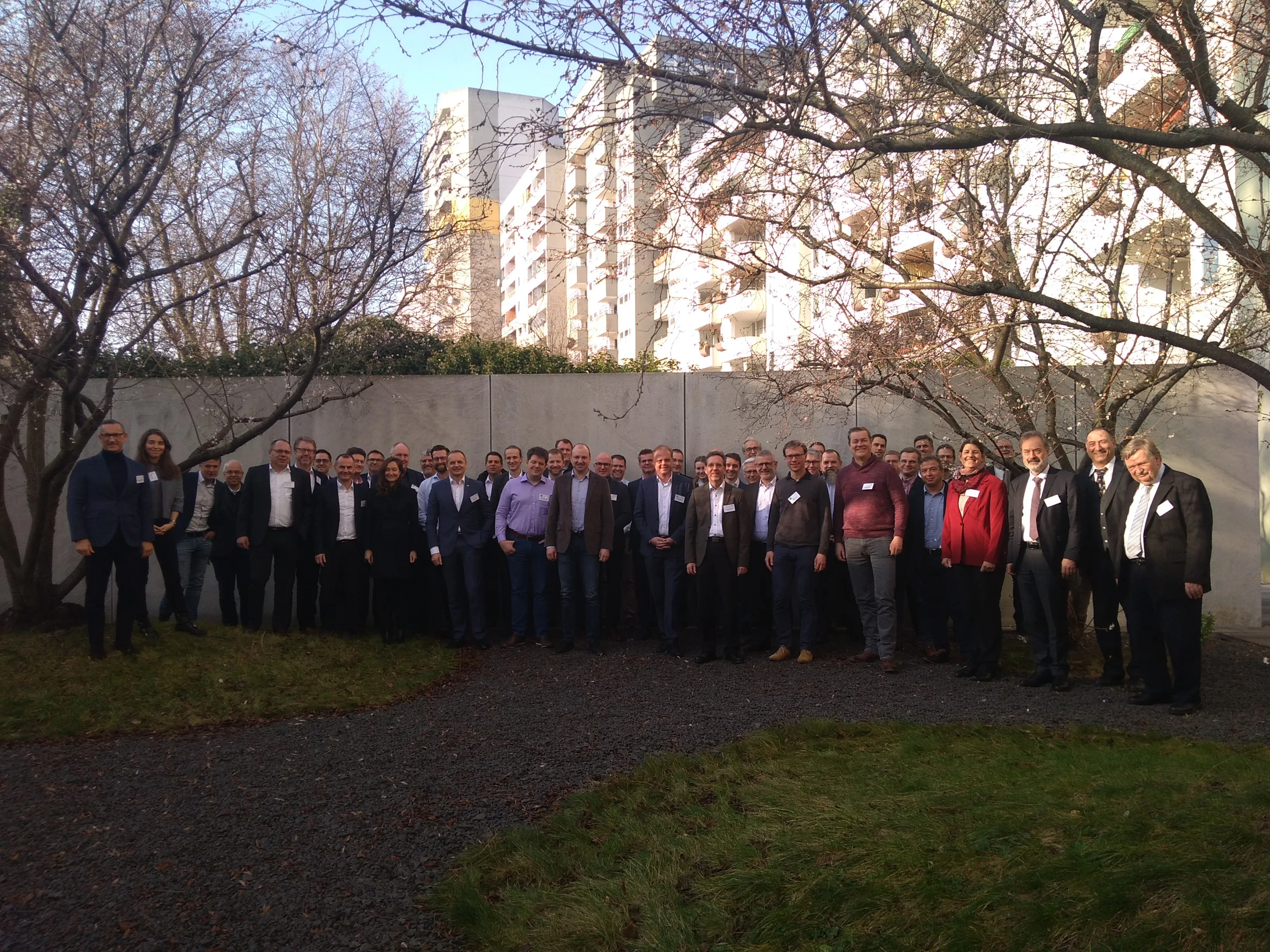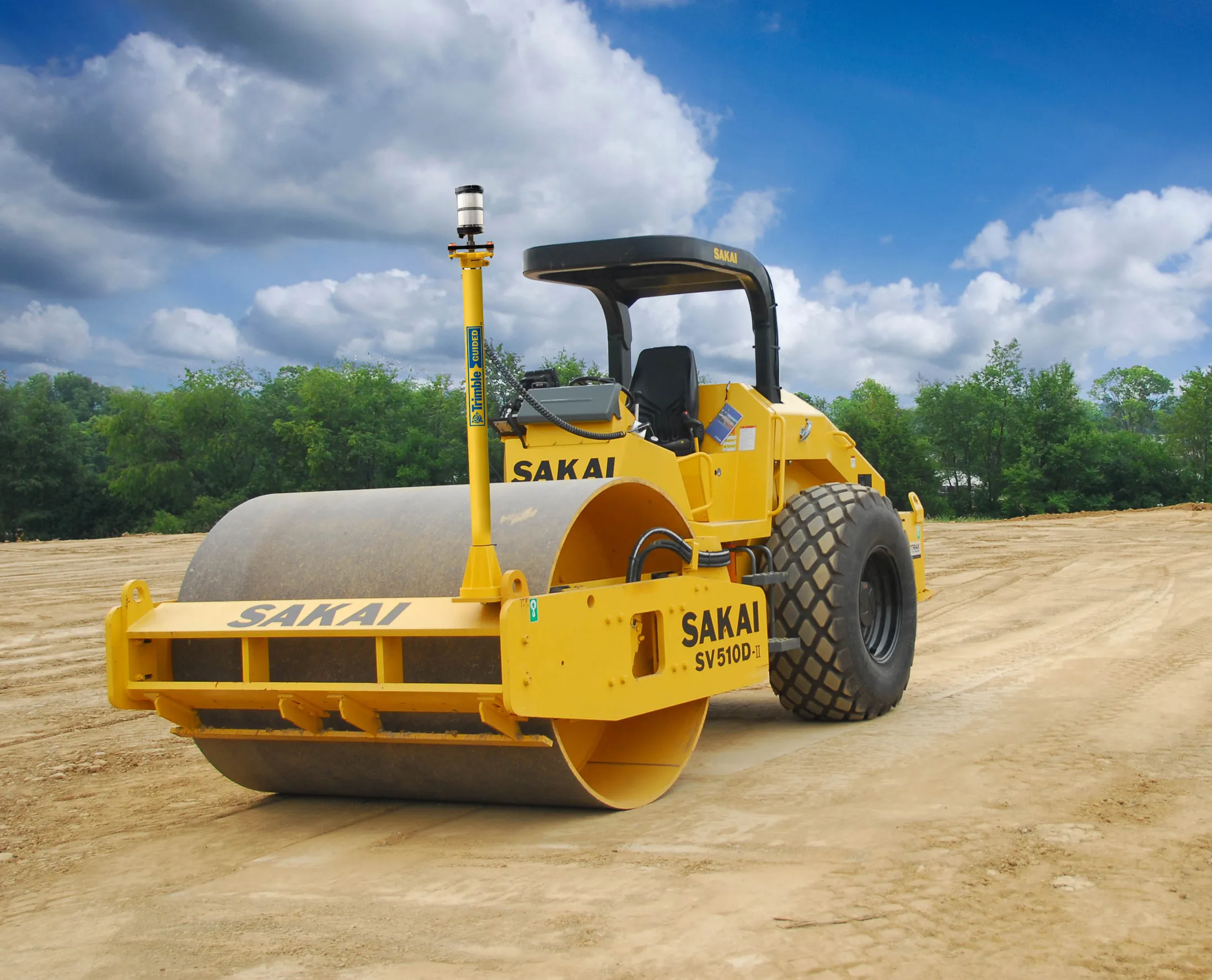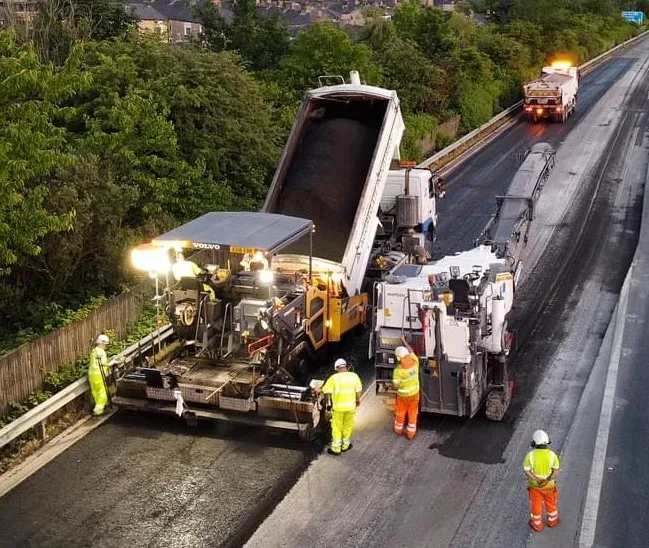
An agreement has been reached on standardisation for data being produced by construction and quarrying machines. This was achieved at a general meeting of the Working Group Machines in Construction MiC 4.0 in Berlin. The agreement now takes the ISO 15143-3 international standard into the next phase. And MiC 4.0 paves the way for a quality assurance system.
The member companies first agreed on a uniform understanding of data and the focus is now on construction process data. The common goal of this cooperation between manufacturers and users is to deliver a quality assurance system to guarantee a uniform standard for the construction industry.
The focus of the current 80 members is to establish the standards developed by MiC 4.0 in the market and to have them checked by a neutral authority. This requires a test centre for interfaces, conformity audits and certificates as proof. In coming months, the working group will work out concepts, examine the economic efficiency and search for suitable partners.
This standard relates to earthmoving machines, cranes, special civil engineering, road construction, concrete technology, building material plants and attachments. The participating companies have already agreed on the individual parameters for a uniform understanding of machine condition data. The results for the process data are to be determined in the course of this year.
This will be followed by the work of the Data Rights Working Group. However, it is a hot topic, as nobody can make a legal claim to data sovereignty. There are no specific laws that regulate the ownership of general machine data. At the moment, there is only the possibility to make contractual agreements which, for example, categorise the data, assign it to the contracting parties by licensing or create factual ownership through encryption and other technical measures.
The System Architecture Working Group deals with the requirements for communications. Standards for the structures, processes and symbols for operating mobile machines are defined by the Human Machine Interface HMI working group. Manufacturers, machine users and system integrators are continuously working on a coordinated industrial standard. This will be followed by a standardisation process.
The research project Building 4.0, funded by the Federal Ministry of Education and Research, is a joint project of 20 industrial partners and two universities - the Institute for Mechatronic Mechanical Engineering at the TU Dresden is the overall leader. Both universities presented the current state of research. They are working on the topics of automation and networking of working machines, 5G machine and construction site networking and solutions for digital processes on the construction site. The vision is to develop a completely digitalized, automated and flexibly adaptable construction site, with possibilities to simulate and optimize construction machinery and construction processes, to involve the operators as coordinators to increase efficiency and productivity and thus create new business models and value chains. The project will run until 31st July 2022 and is costing €9 million, of which €4.8 million euros is funded.
MiC 4.0 is an international consortium in cooperation with the VDMA and HDB. Companies, universities and research institutions can become members. Website: mic40.org









